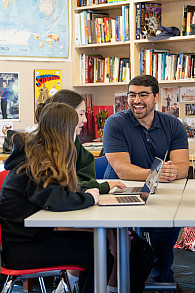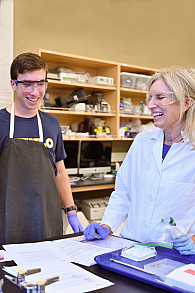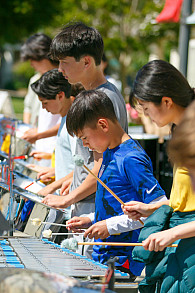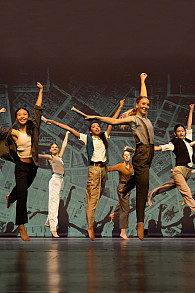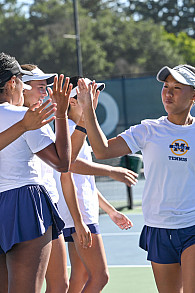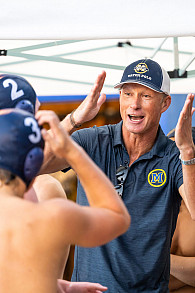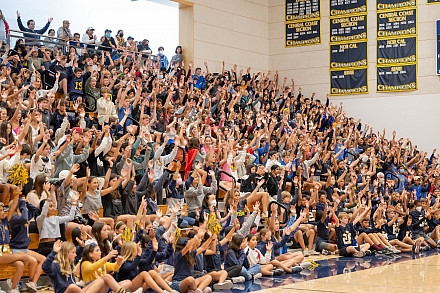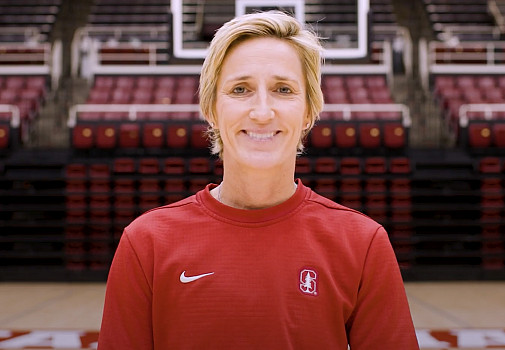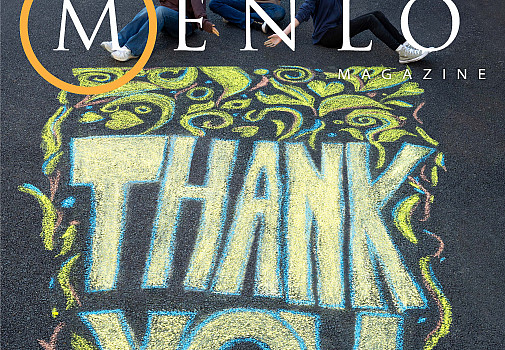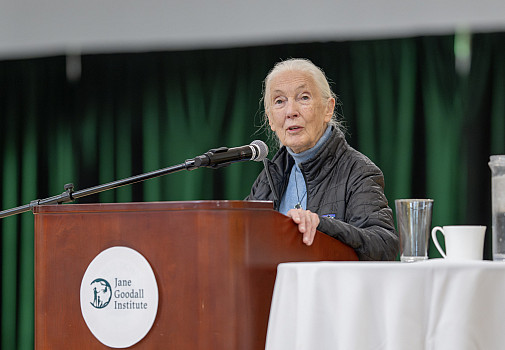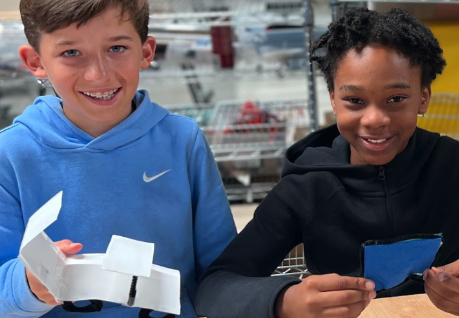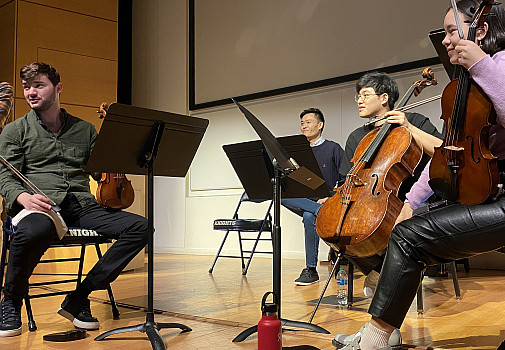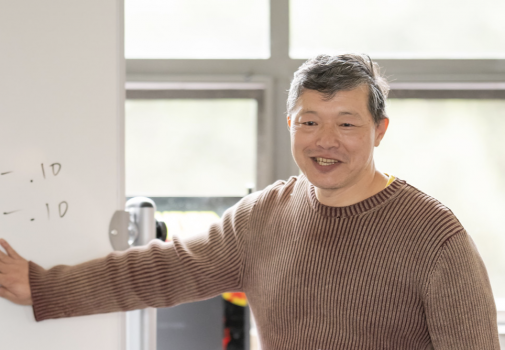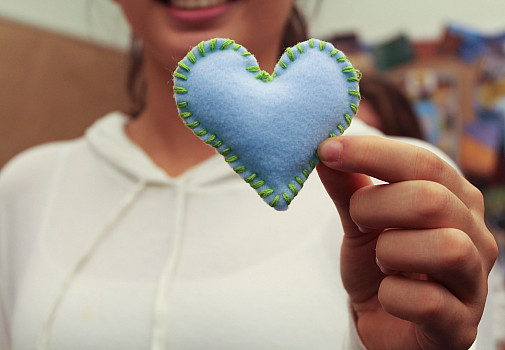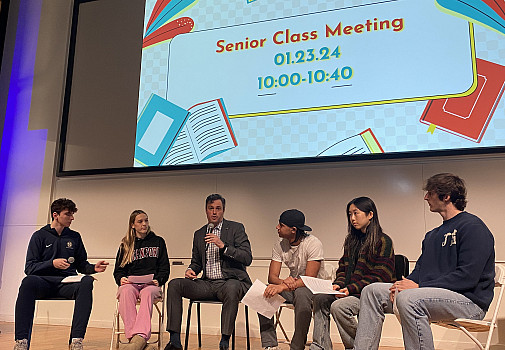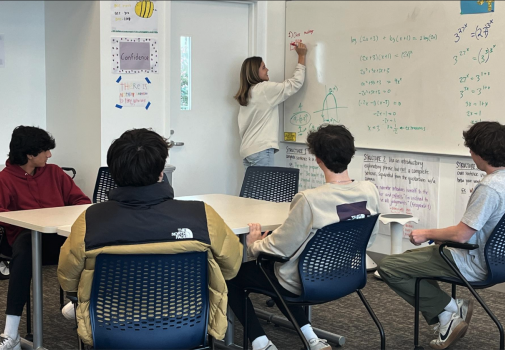- Arts
- Academics
-
Athletics
- Athletics Overview
-
Upper School Teams
- Baseball - Varsity
- Baseball - Junior Varsity
- Basketball - Boys Varsity
- Basketball - Boys Junior Varsity
- Basketball - Boys Freshman
- Basketball - Girls Varsity
- Basketball - Girls Junior Varsity
- Cross Country
- Flag Football - Girls
- Football - Varsity
- Football - Junior Varsity
- Golf - Girls Varsity
- Golf - Boys Varsity
- Golf - Boys Junior Varsity
- Lacrosse - Boys Varsity
- Lacrosse - Boys Junior Varsity
- Lacrosse - Girls Varsity
- Lacrosse - Girls Junior Varsity
- Soccer - Boys’ Varsity
- Soccer - Boys’ Junior Varsity
- Soccer - Girls Varsity
- Soccer - Girls Junior Varsity
- Swimming
- Tennis - Varsity Boys
- Tennis - Boys Junior Varsity
- Tennis - Girls Varsity
- Tennis - Girls Junior Varsity
- Track & Field
- Volleyball - Varsity
- Volleyball - Junior Varsity
- Volleyball - Freshman
- Water Polo - Boys Varsity
- Water Polo - Boys Junior Varsity
- Water Polo - Girls Varsity
- Water Polo - Girls Junior Varsity
-
Middle School Teams
- Baseball - Middle School
- Basketball - Boys Middle School
- Basketball - Girls Middle School
- Cross Country - Middle School
- Flag Football - Middle School
- Lacrosse - Boys Middle School
- Lacrosse - Girls Middle School
- Soccer - Boys Middle School
- Soccer - Girls Middle School
- Swimming - Middle School
- Tennis - Middle School
- Track - Middle School
- Volleyball - Middle School
- Athletics Philosophy & Values
- Athletics Resources
- Camps & Clinics
- Alumni Athletes
- New to Menlo Athletics?
- Student Life
- Support Menlo
- Admissions
- Calendar
- Resources
MENLO SCHOOL • SINCE 1915
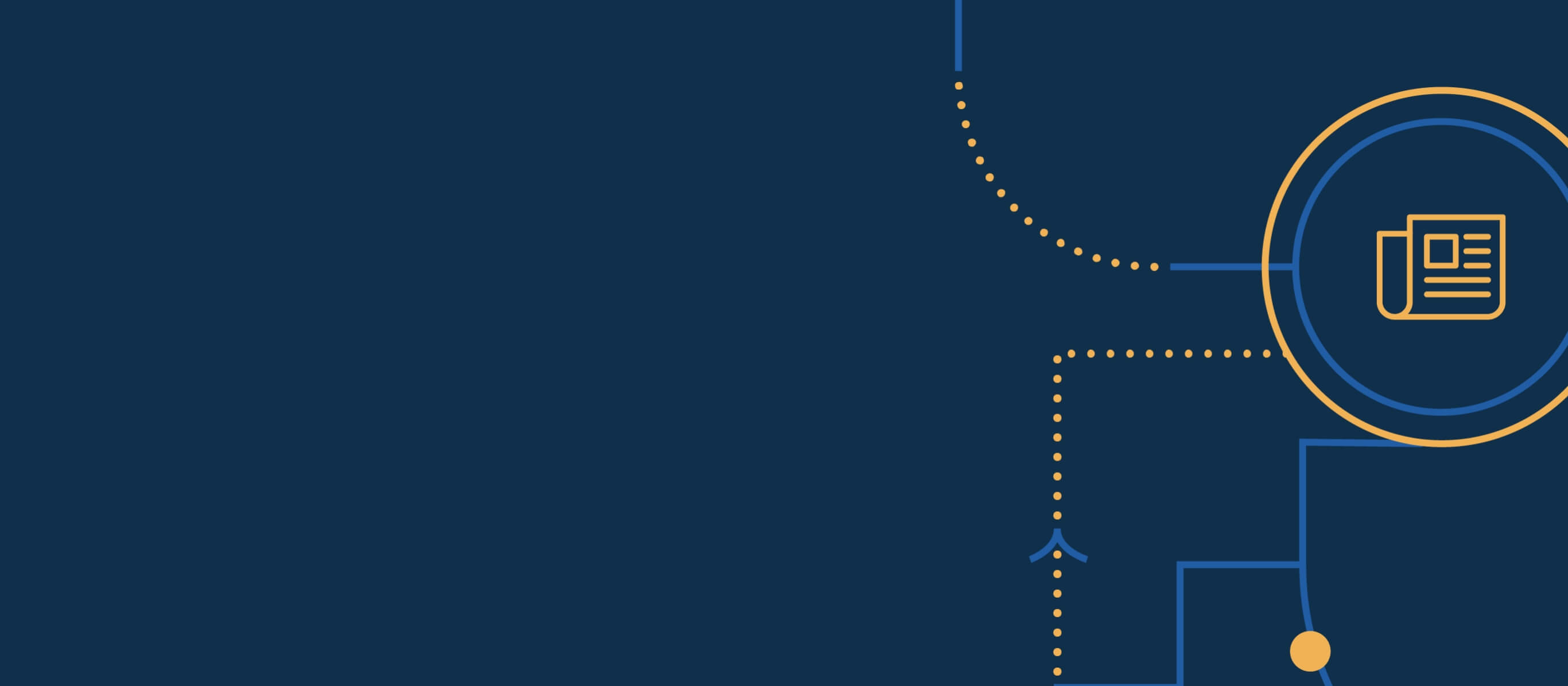
Menlo News March 12, 2018
MenloHacks III: Students Build Difference-Making Technology at Third Annual Event
Menlo juniors Will Buxton and Ashli Jain took the top prize at the hackathon for their project, which aims to speed recognition and diagnosis of life-threatening diseases.
MenloHacks III was held in the Athletic Center on March 10 and 11, with approximately 180 middle and high school students—from Menlo and other Silicon Valley schools—participating in a 23-hour sprint to imagine, design, and build original software or hardware projects. Students also had the opportunity to join workshops on website building, iOS, and college admissions.
In his remarks during the event’s opening ceremonies, Menlo Head of School Than Healy offered encouragement to the students but also spoke generally about why he thinks MenloHacks is so exciting. Healy noted that hackathons like this one demonstrate several qualities essential to modern education: they’re student-centered and student-run, they necessitate that students work collaboratively, and participants are creating projects that are direct real-world applications of what they’ve learned.
In total, 35 projects were completed at the hackathon, all of which may be viewed at the event’s Devpost site, and many of them harnessed technology to make a difference. There were solutions for stress management through musical immersion, a collaborative homework tutoring site, and many other creative solutions to everyday issues. Ultimately, the judges selected and ranked six for general excellence and named a Best Hardware Hack, Best Beginner Hack, and Best Cloudflare App.
The top overall prize, and best Hardware Hack award, went to a project made by Menlo juniors Will Buxton and Ashli Jain that aims to speed recognition and diagnosis of life-threatening diseases. Buxton and Jain built a piece of hardware that, in their words, “can record glucose and oxygen levels in blood, weight, and pulse. After the data is collected, it is sent with SSL encryption to a secure server. In order to determine if a person has a disease, we used machine learning. The neural network receives all of this data as inputs, and looks at whether there are trends in the data to predict whether a person has a disease.”
Thomas Woodside ’19 led organization efforts for this year’s edition of MenloHacks with assistance from Upper School Science Director Dr. Nina Arnberg. The judges were Susan Wojcicki (CEO of YouTube), Mitch Lasky (general partner at Benchmark), Diaz Nesamoney (CEO of Jivox), Regina Dugan (former VP of Engineering at Facebook), Micheline Casey (Head of Data Digital Services for Ford Mobility), and Byron Deeter (partner at Bessemer Venture Partners).
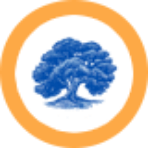 MENLO SCHOOL Since 1915
MENLO SCHOOL Since 1915